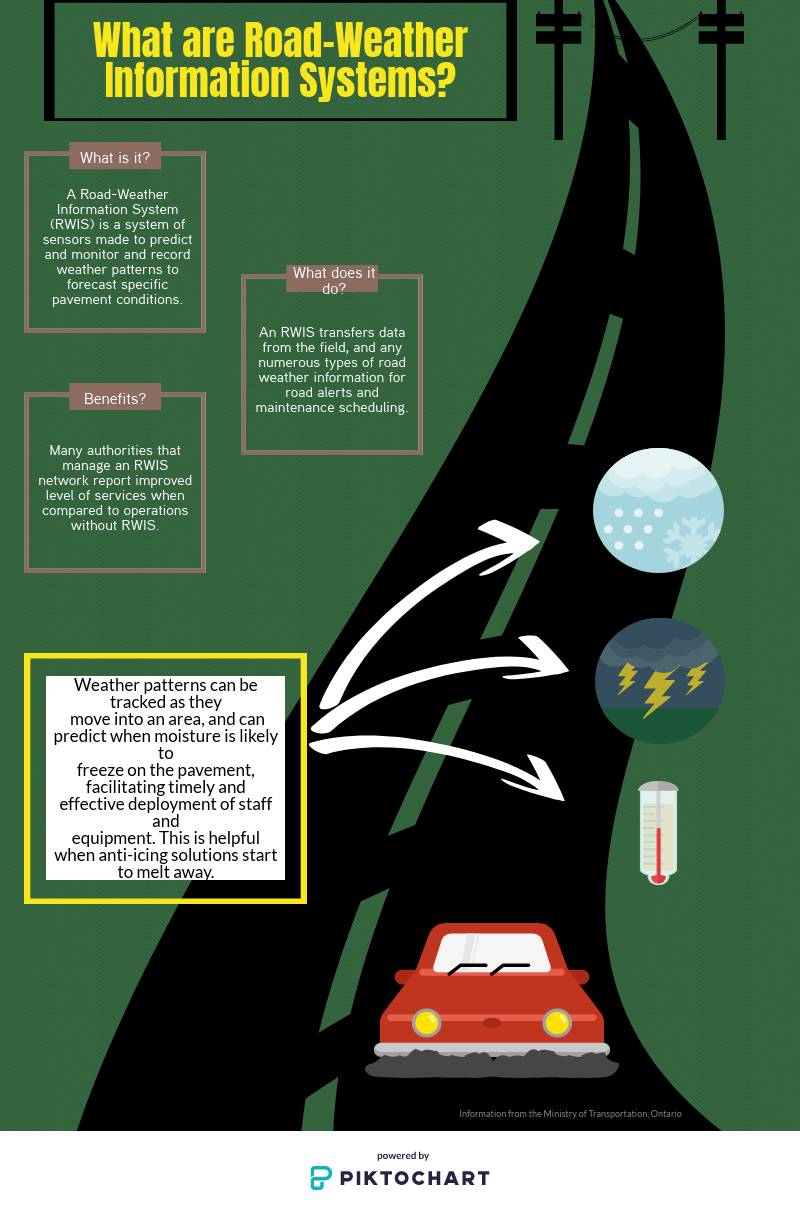Alternatives to harmful road salt under study
BELLEVILLE – There are new alternatives to road salt that can make winter roads safer to drive on.
Road salt, also known as sodium chloride, is what Canadians use to melt slippery ice on roads and sidewalks. Each year, five million tonnes of salt are put on Canadian roads. But too much use of road salt can cause long-term damage to infrastructure and the environment, which is why alternatives have been introduced.
They include beet juice, cheese brine and wood chips, according to a recent report by CTV News. They cost eight to 16 times more than road salt, but could save the millions of dollars needed to repair damage caused by salt, particularly to the steel rebar in bridges, the report said.
Amy Dickens, source water protection project co-ordinator with Quinte Conservation, says, “I think most recent technologies, like pre-wetting or direct liquid application, are extremely beneficial, not only in terms of reducing the amount of salt that enters the environment but also in terms of safety.”
The Ministry of Transportation of Ontario works with stakeholders across Ontario, Canada and the United States to research new products and procedures to deliver better snow and ice-control performance with less environmental impact, according to ministry spokesman Bob Nichols. They include anti-icing liquids and processes to enhance the performance of road salt, he said in an email interview with QNet News.
Brines are currently used as anti-icing liquids and beet juice is sometimes added by manufacturers to enhance performance, Nichols said.
Many Ontario municipalities are creating salt-management plans to ensure proper use of road salt, he said.
The ministry will continue to study alternatives to road salt and will monitor the wood-chip trials being done by municipalities in Quebec this winter, Nichols said.
Dickens, of Quinte Conservation, said there are ways the community can help prevent overuse of road salt.
“A lot of people are not aware that salt is generally considered to be ineffective at temperatures below -10 C. In these colder temperatures, alternatives that contain chemicals with lower working temperatures, or a sand and salt mixture, may be necessary,” she said.
For more information about MTO’s winter highway maintenance, go here.

Infographic by Sabrina A. MacDonald
 Print This Post
Print This Post






